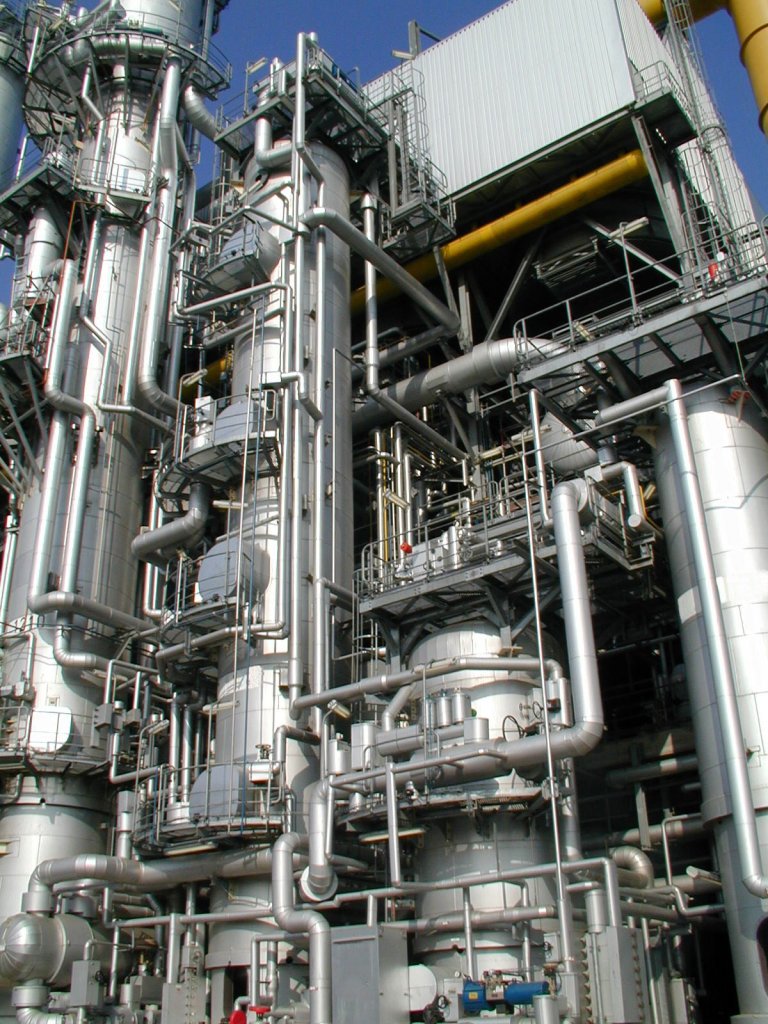
Ethylbenzene Technology
Badger ethylbenzene technology is used to produce ethylbenzene from benzene and either polymer-grade ethylene or an ethylene/ethane feedstock using the EBMax℠ process and proprietary alkylation and transalkylation catalysts available through ExxonMobil. The technology can be applied in the design of grass roots units, the revamp of existing vapor phase technology plants, or the conversion of aluminum chloride units.
The ExxonMobil catalysts are non-corrosive, environmentally inert, and regenerable. They are free-flowing before and after use and require no special packaging or handling. Offsite regeneration is largely the preferred method due to the long cycle length. These catalysts enable the plant to be constructed of carbon steel. The catalysts do not produce byproduct oligomers and can operate at extremely low benzene to ethylene ratios.
The ethylbenzene process licensed by Badger is a high yield, energy-efficient, low-environmental impact process that is easy to operate and maintain, allowing for very low production cost.
Commercial Experience
- As of early 2024, plants using Badger Ethylbenzene technologies produce over half of the world's ethylbenzene capacity having a total installed capacity of more than26 million metric tons per year.
- Single trains as large as 1.4 million MTA have been demonstrated.
- Badger and ExxonMobil assist producers with troubleshooting, plant monitoring, and potential plant expansions.
The EB Process

ALKYLATION
An alkylation system to convert benzene and ethylene to ethylbenzene. A small fraction of the ethylbenzene is further alkylated to polyethylbenzenes (PEB).
TRANSALKYLATION
A transalkylation system to react PEB with benzene to produce additional ethylbenzene. Transalkylation is isothermal.
PURIFICATION
A distillation train to recycle excess benzene to reactors, isolate ethylbenzene as product, and recover PEB for transalkylation and to reject heavy byproducts that can be used as a fuel.
The ethylbenzene produced contains less than 100 ppm of xylene plus propylbenzene impurities. Product purities of 99.95 to 99.99% are regularly achieved in commercial operation.